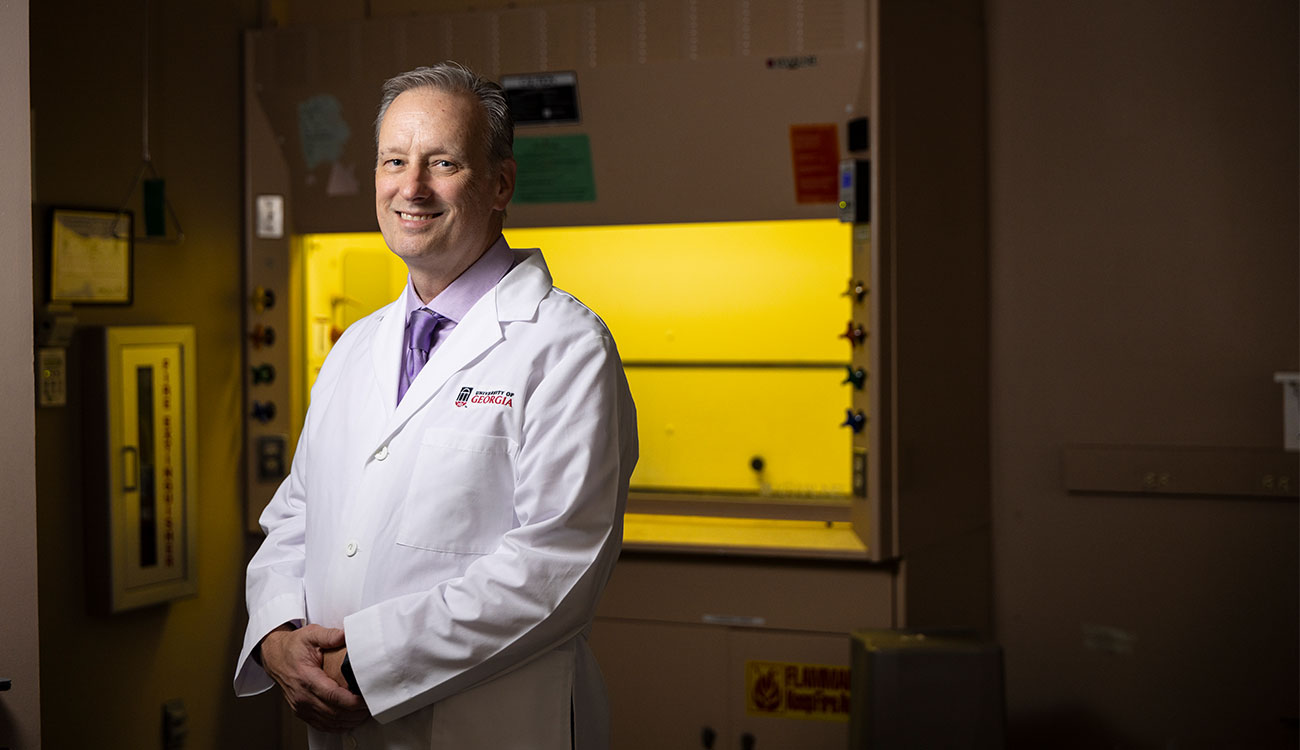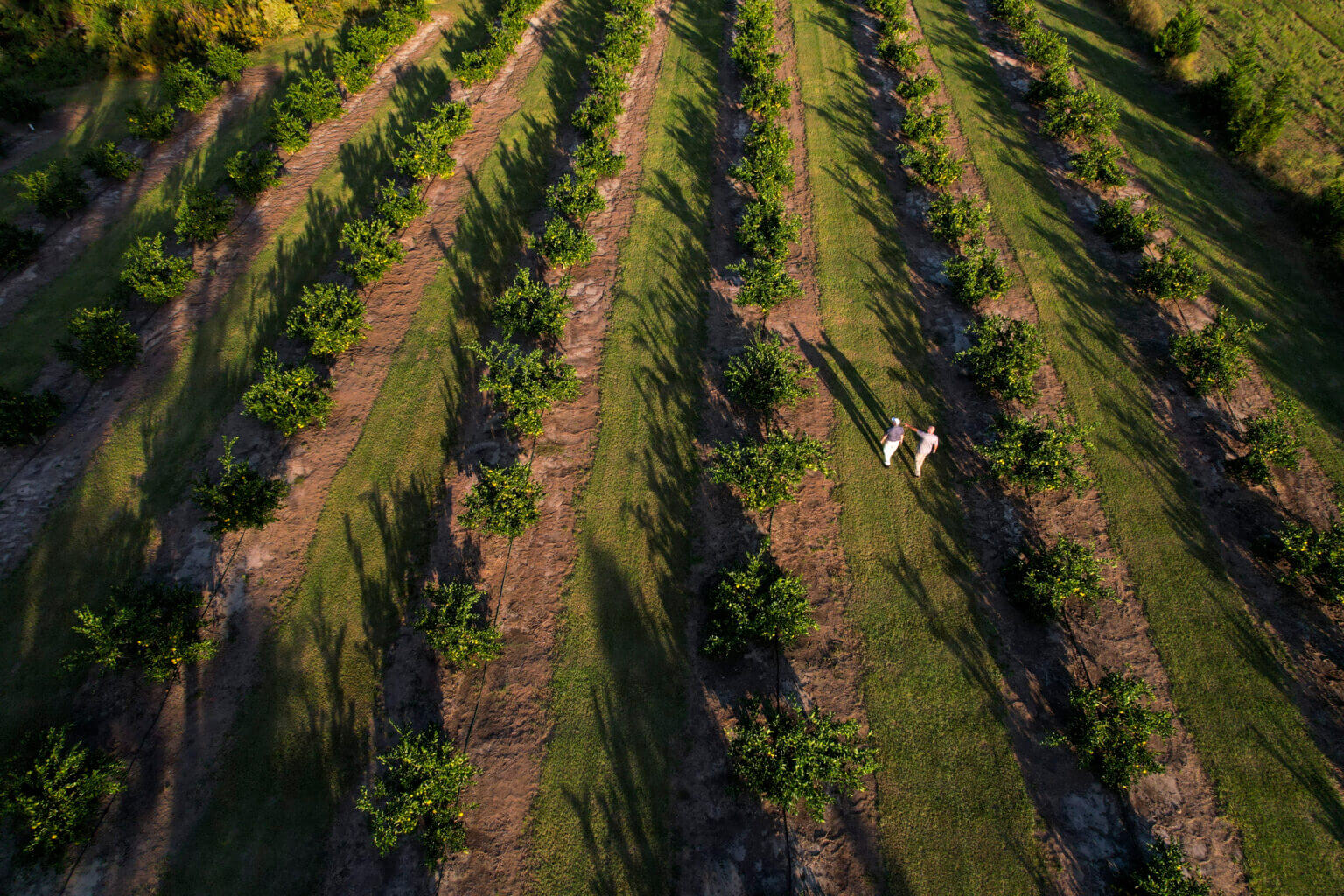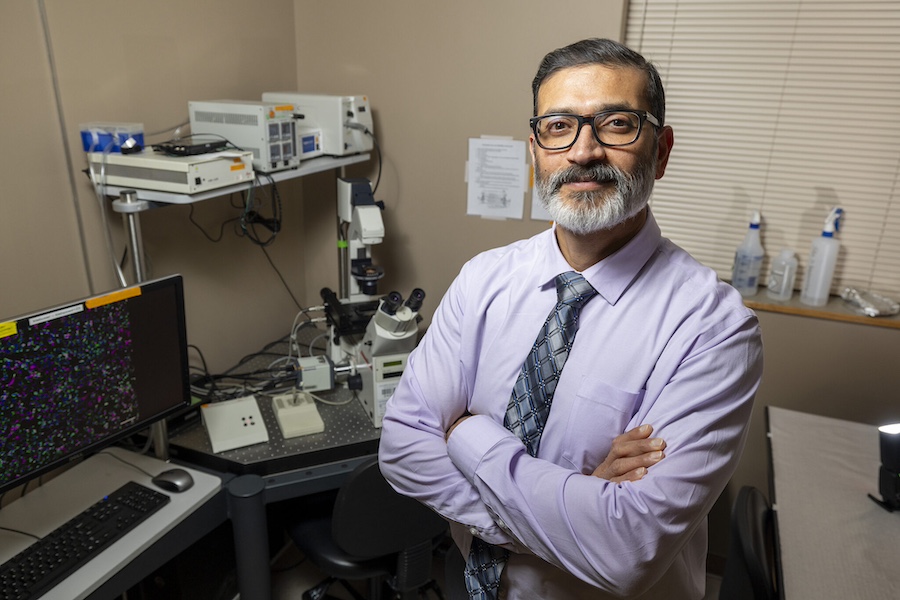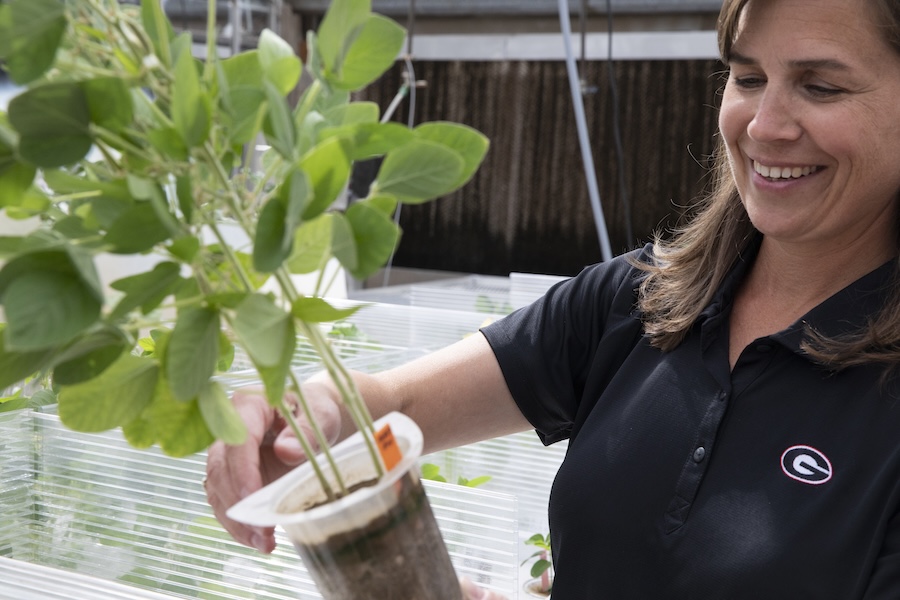University of Georgia
Jerry Adams knows growing chestnuts has its ups and downs. Pilar Quintero says owning and managing a horse farm is no easy venture alone. That’s why they turned to the University of Georgia to help them form cooperatives with others in their respective industries.
Economic experts with the UGA Cooperative Development Center help any group of Georgia agricultural producers form a co-op, said Tommie Shepherd, an agribusiness economist with the UGA College of Agricultural and Environmental Sciences.
A co-op is a group of self-governing producers who come together to achieve similar goals through a jointly owned enterprise, he said. The purpose could be to expand new or existing market opportunities or to improve product quality.
“We assist groups in all the phases of getting a business together,” Shepherd said.
Adams’ co-op, USA Chestnut Grower Cooperative, Inc., sells chestnuts to high-end grocers. He has grown chestnuts for a decade but only recently started working with the center.
“We have the corporation set up, a huge prestigious buyer for our nuts,” Adams said. “We are well on our way to finding our way for the flour-making venture.”
The center is also helping his business create a Web site and an online store.
Quintero has different ideas for her business. The native Colombian is working toward becoming a self-sustaining farm by reducing input costs and recycling horse manure as fertilizer.
“Using the resources you have at your fingertips is a means of survival in Colombia,” said Quintero, who has been in business for four years. “Here it is easier to dispose of things.”
The center has helped Quintero’s co-op of horse stable owners become well-versed in the business world.
“They are the complete directive in telling us what to do and are our full-time consultants, giving us direction as we grow,” she says. “We can’t survive at this point without them.”
The process typically starts when a group of producers contacts someone at the center with an idea for establishing a business. They then work together and iron out the details necessary to bring that idea to life.
Funding a co-op can be the biggest hurdle. The center has people to conduct feasibility studies for new products and processes, to help develop business plans, to assist co-ops in going after grant money to get started and to train new co-op directors.
“We are helping agricultural producers think more as businessmen and businesswomen and to work toward a common goal,” Shepherd said. “We are teaching them the financial and economic aspects, as well as the management side of the business.”
The center started in October 2004 as a partnership between UGA’s Center for Agribusiness and Economic Development and Georgia’s Resource Conservation and Development Councils. It has established more than a dozen agricultural cooperatives in Georgia, with a combined membership of more than a thousand producers.
For more information, visit the Web site at http://hosting.caes.uga.edu/gacoop/.




.jpg)

